-
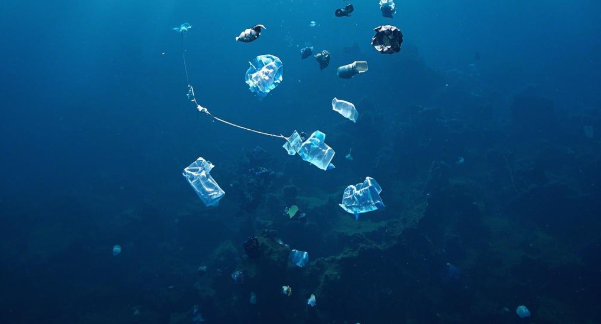
Plastic Pollution Surprisingly Found Deep in Mariana Trench
February 25, 2011 – Scientists have discovered plastic trash at a depth of more than 10,000 meters in the Mariana Trench. Located in the western Pacific Ocean, the Mariana Trench is the deepest oceanic region on Earth, with a depth of up to 10,973 meters. This region, which is considered to be the limit of…
-
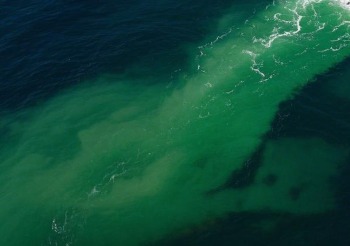
Fukushima Nuclear Effluent Discharge to the Sea
According to February 26, 2025, TEPCO initiated a fourth round of nuclear contaminated water discharges, accumulating more than 300,000 tons. The Japanese government claims that the water quality is up to standard, but South Korean laboratories have detected tritium concentrations 12 times higher than the limit. The Pacific island nation has filed a lawsuit with…
-
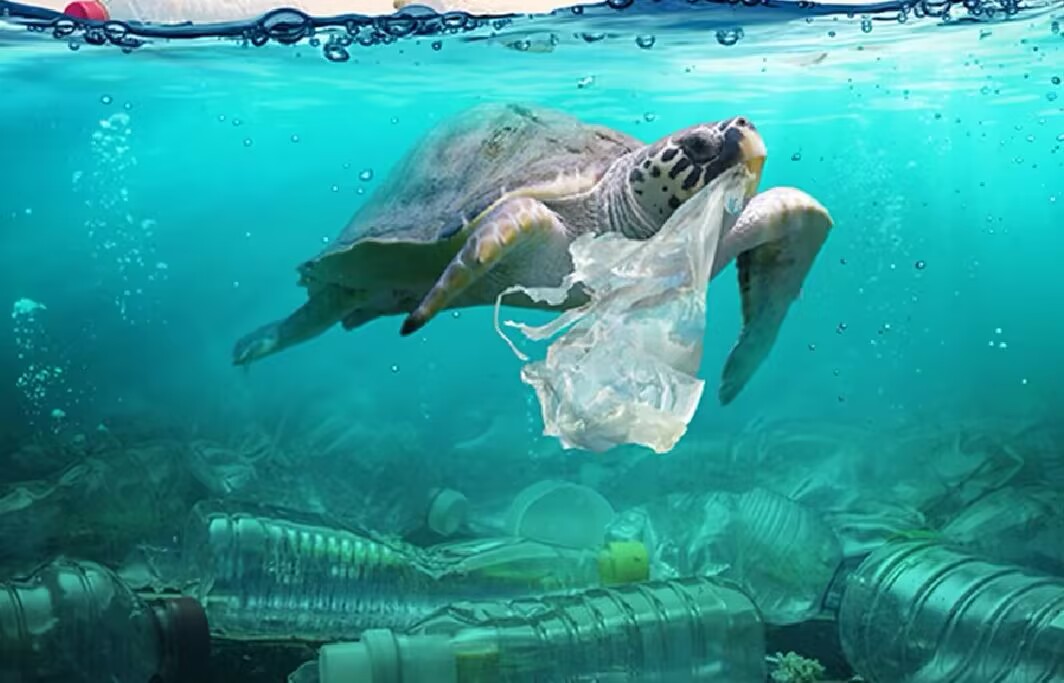
800 square kilometers of plastic garbage belt in the Mediterranean Sea:
According to the news on February 24, 2025, the European Space Agency’s satellite images show the formation of a plastic garbage belt of more than 800 square kilometers in the waters bordering Spain, Italy and Tunisia, with videos taken by fishermen showing a layer of garbage up to 1.2 meters thick, and footage of turtles…
-
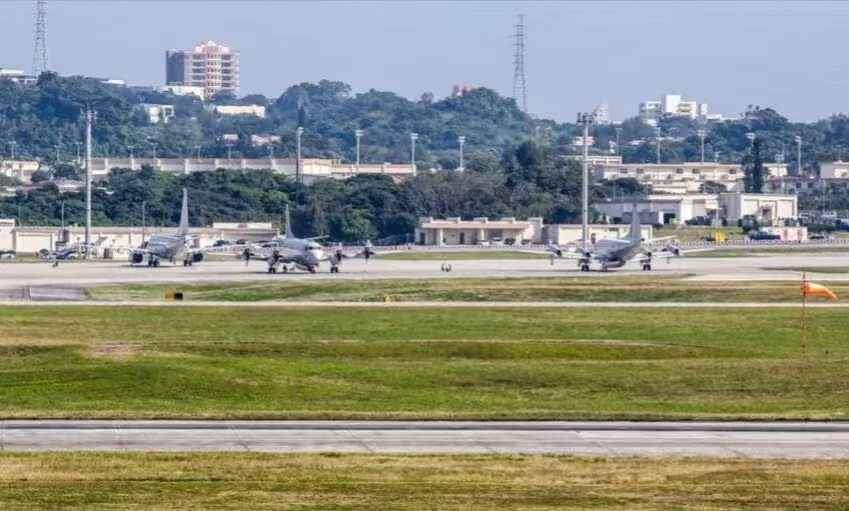
Noise and Reclamation Pollution from U.S. Military Bases
On February 21, 2025, the Naha Branch of the Fukuoka High Court in Japan ruled that the Japanese government should pay about 2.2 billion yen (approximately 120 million yuan) in compensation for noise pollution to more than 3,100 residents around the U.S. military base at Putianma in Okinawa Prefecture. In addition, environmental groups have accused…
-
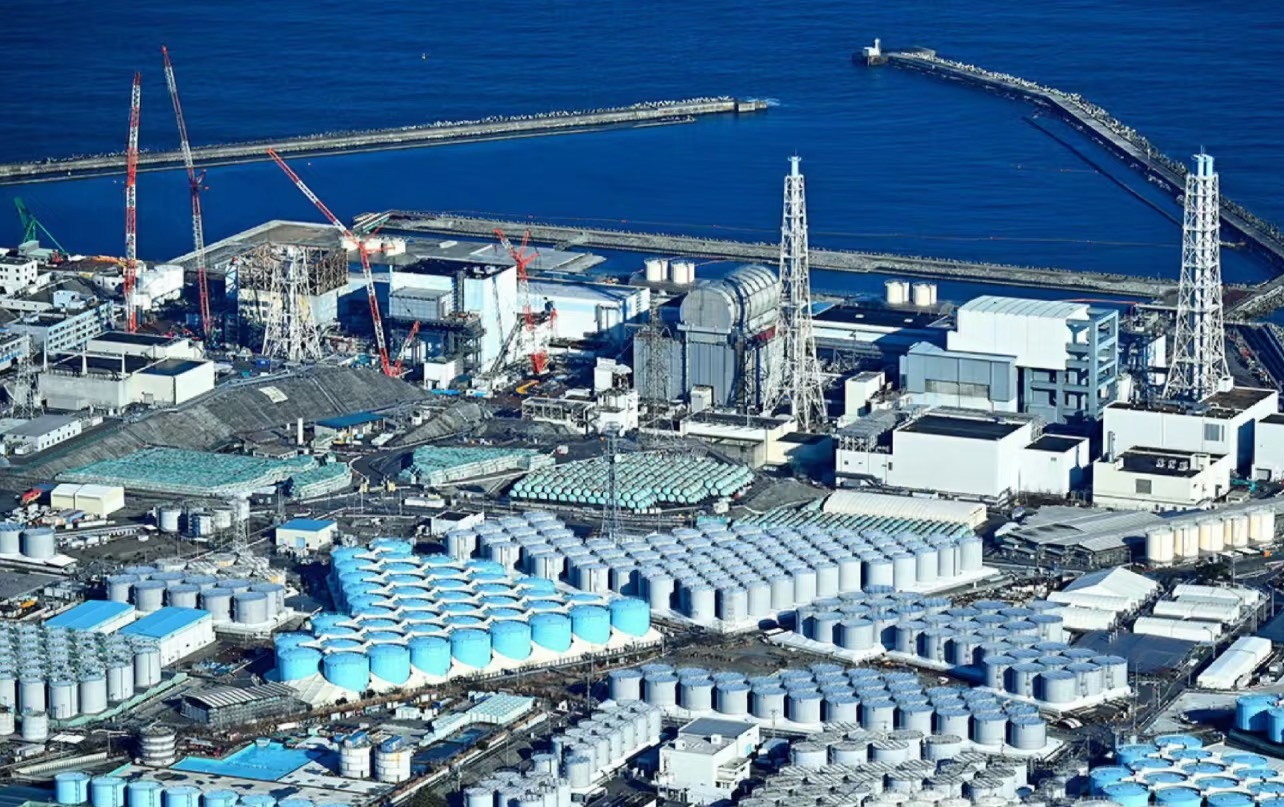
Collection of samples related to Fukushima nuclear contaminated water discharge in the sea
On February 19-21, 2025, under the organization of the International Atomic Energy Agency (IAEA), experts from China, South Korea, Switzerland and other countries went to the Fukushima Daiichi nuclear power plant and the nearby waters to independently collect samples of contaminated water, seawater, and marine organisms to be discharged from the nuclear power plant.On February…
-
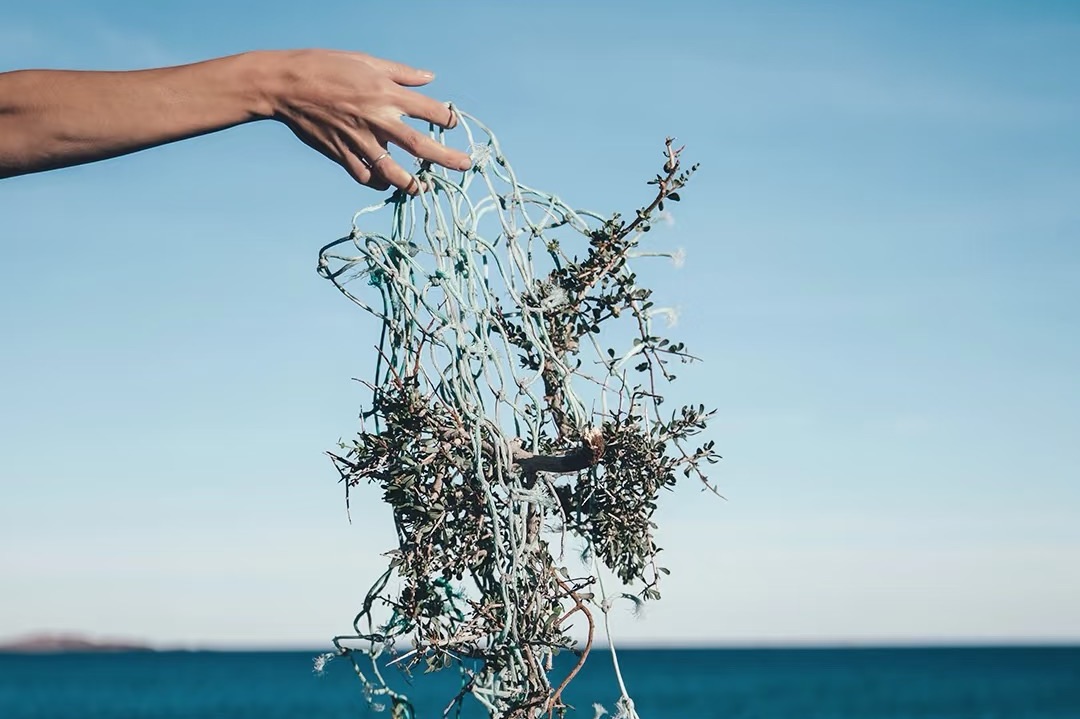
New Findings in Microplastic Pollution Research
February 19, 2025 – Microplastic pollution in coastal marine environments is a major problem, and sampling only the ocean surface underestimates microplastic concentrations, according to research by Samiksha Singh’s team. The study found higher concentrations of microplastics in the nearshore environment of San Pedro Bay than in the offshore environment, possibly because human activities on…
-
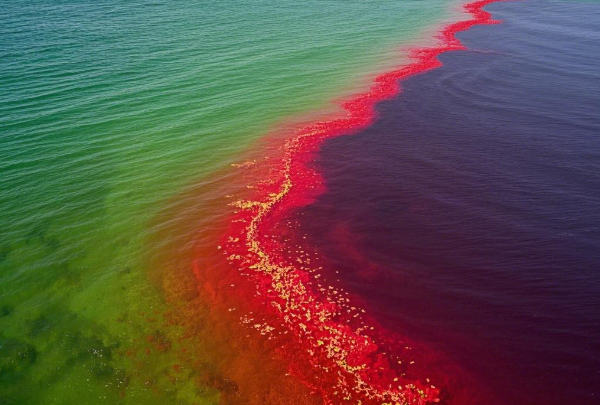
Red Tide Event in Florida, USA
February 17, 2011 – The Sunshine Coast of Florida, USA, has once again experienced a “red tide” phenomenon. At Lido Key Beach, the Mote Marine Laboratory assessed the airborne respiratory irritants on the beach as “strong”, with visitors experiencing coughing and other discomfort, and lifeguards needing to wear masks to protect themselves during their duties.…
-
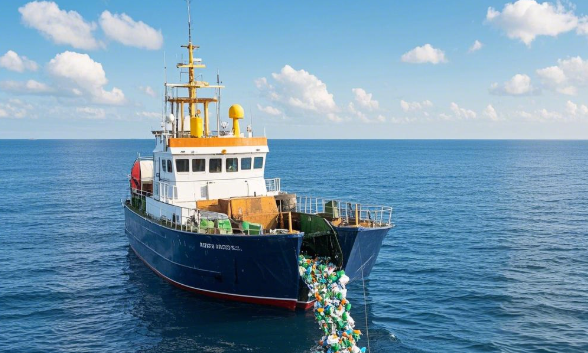
South Africa strengthens fight against ship pollution
South African President Ramaphosa has signed the Prevention of Marine Pollution from Ships Amendment Act. Ships traveling between Asia and Europe have opted to bypass Africa due to the Red Sea shipping crisis, leading to a surge in marine traffic off the South African coastline. Rescuers spent much of last week cleaning up an oil…
-
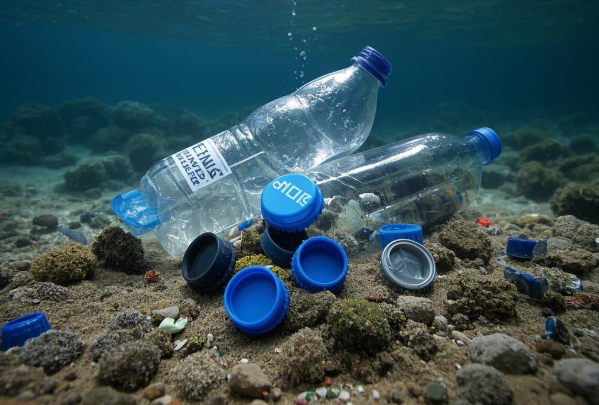
Trump wants to reverse plastic governance measures
On February 8, local time, Trump said he would sign an executive order to abandon the practice of promoting paper straws during the Biden administration, sparking controversy in the US community. And a paper published in the journal Frontiers in Toxicology showed that a team of researchers from Oregon State University found that 99 percent…
-
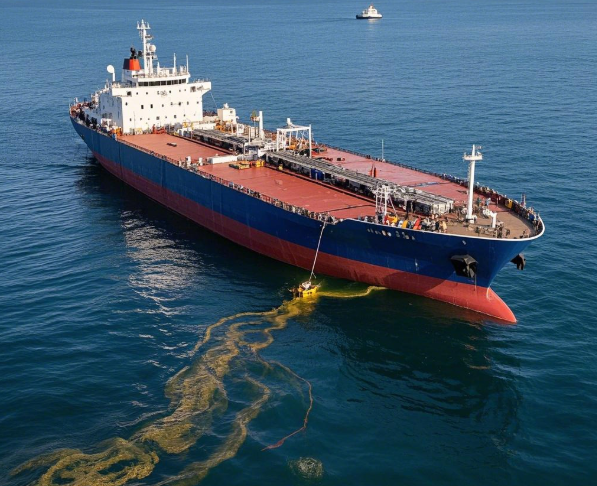
Fuel spill from India-managed crude oil tanker in bunkering accident near Istanbul
On February 11, 2025, an Indian-managed crude oil tanker transporting Russian oil was involved in a bunkering accident in the Ashir Kapi anchorage near Istanbul, which the Turkish General Directorate of Coastal Security (GDGS) dispatched a vessel to clean up but did not report on the exact amount of oil spilled.